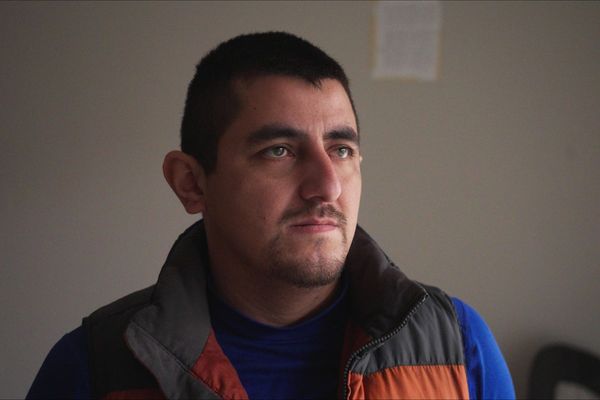
Former finance minister Rishi Sunak will set out his stall to be Britain's next prime minister on Tuesday, vowing to tackle soaring inflation before joining his Conservative Party rivals in promising tax cuts.
Sunak quit as finance minister last week, presaging the downfall of Boris Johnson who days later said he would step down amid a widespread rebellion by Conservative lawmakers.
"We need a return to traditional Conservative economic values - and that means honesty and responsibility, not fairy tales," Sunak is expected to say at the launch of his campaign, according to his team, a jibe at rivals who have promised immediate large cuts to business or personal taxes.
Sunak, who oversaw the country's response to the COVID-19 pandemic and provided about 400 billion pounds ($481 billion) in economic support, is one of the favourites to replace Johnson and has the largest support among Conservative lawmakers who have publicly stated a preference.
According to his team, Sunak will promise to cut taxes once inflation, which hit a 40-year high of 9.1% in May, had been brought under control.
"I have had to make some of the most difficult choices in my life when I was Chancellor, in particular how to deal with our debt and borrowing after COVID," Sunak will say.
"My message to the party and the country is simple: I have a plan to steer our country through these headwinds. Once we have gripped inflation, I will get the tax burden down. It is a question of ‘when’, not ‘if’."
While Sunak's popularity with the public rose during the pandemic, it was dented with some Conservative lawmakers after he raised payroll taxes in April to fund higher health and social care spending, and announced plans to raise corporation tax sharply in 2023.
His standing was also hit after it was revealed that his wife, the Indian daughter one of the founders of IT giant Infosys, had not been paying British tax on her foreign income using "non-domiciled" status which is available to foreign nationals who do not regard Britain as their permanent home.
She later said she would start to pay British tax on her global income.
(Reporting by Michael Holden; editing by Jonathan Oatis)







